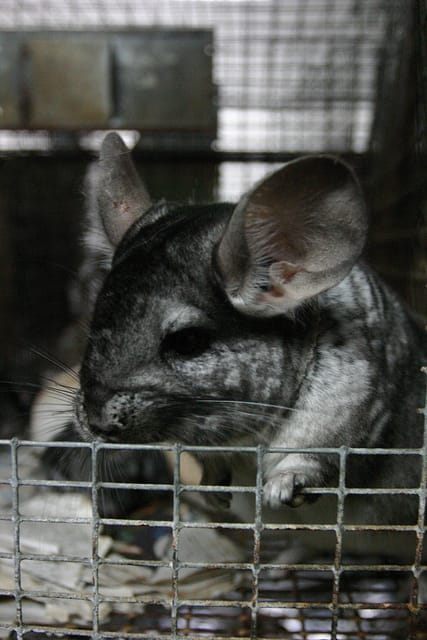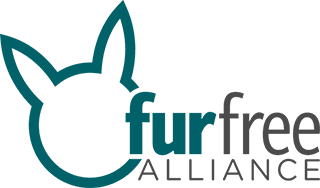
Croatian MEP’s against fur farming
BRUSSELS, 15 JULY 2016 – This month all eleven Croatian members of the European Parliament have spoken out against fur farming. Their statements come after a recent proposal to change the Croatian Animal Protection Act including the fur farming ban.
 In 2007 the Croatian government decided to end the breeding and killing of animals for fur. The ban included a 10-year phase out period and thus would go into effect next year. Nine years into the transition, the ban is now put at risk due to a proposal that would exclude chinchilla’s from the ban. Chinchillas, ironically, are the only animals farmed for fur in Croatia.
In 2007 the Croatian government decided to end the breeding and killing of animals for fur. The ban included a 10-year phase out period and thus would go into effect next year. Nine years into the transition, the ban is now put at risk due to a proposal that would exclude chinchilla’s from the ban. Chinchillas, ironically, are the only animals farmed for fur in Croatia.
Croatian MEPs in the European Parliament – Biljana Borzan, Ivan Jakovcic, Ivana Maletic, Marijana Petir, Tonino Picula, Andrej Plenkovic, Jozo Rados, Davor Ivo Stier, Davor Skrlec, Dubravka Suica i Ruza Tomasic – regardless of their political affiliation, have stated that their support for the existing fur ban is motivated by ethical and ecological reasons, the opinion of the Croatian and European public as well as by the direction indicators of the EU Member States’ legislation.
Member of Parliament Tonino Picula, representative of the Croatian Social-Democratic Party, states:
“I strongly believe that all arguments that were in favour of the fur farming ban ten years ago can still be applied today, and that cancelling that ban would take us as a civilisation a step backwards. A ten-year phase-out period stipulated by the Provision was and remains an expression of appreciation of arguments of the entrepreneurs who were given an entire decade to adjust their businesses. Everyone who understands business cycles even a little cannot deny that this is a very friendly and generous gesture by lawmakers.”
MEP Ruza Tomasic, member of the European Conservatives and Reformist groups, says:
“I give my support to the existing provision of the Animal Protection Act from 2006 which banned fur farming. I consider it unnecessary to exclude chinchillas from the ban solely for the purpose of personal profits of individuals or companies who torture and kill animals in immoral ways. Unfortunately, chinchillas have been brought to the verge of extinction in their natural habitats precisely because of the greed of individuals and for the purpose of selling their fur.”
Since 2007 the number of chinchilla fur farms in Croatia has dropped significantly. According to some sources there are now just 50 farmers left, which is only a fifth of the number of farmers at the time the ban was introduced. However, the Ministry of Agriculture itself recently confirmed that currently only 20 farmers are registered. It is unknown whether all of those farmers are still active or how many of them became active after the ban was introduced.
In the Netherlands the fur farming of chinchillas was banned in 1997, and last year, the National Court of Appeals in The Hague reaffirmed the ban on fur farming of all animals. Even though the Netherlands is the fourth-largest producer of mink fur in the world, the court decided the fur farming ban was justified on ethical grounds. The Dutch Ministry of Economic Affairs has expressed their support for the Croatian fur farming ban in a letter:
‘The recognition of the intrinsic value of animals by society and its enshrinement in law is considered to be a progressive step in the process of civilisation. In the past decades, philosophers, ethicists and sociologists have increasingly concluded that society has a clear interest in protecting the welfare of animals. People benefit from living in a society where unacceptable actions towards animals are discouraged and unlawful.’
In March the Fur Free Alliance sent a letter to urge the Croatian Minister of Agriculture to fulfill its commitment to end fur farming. Read the full letter here.




